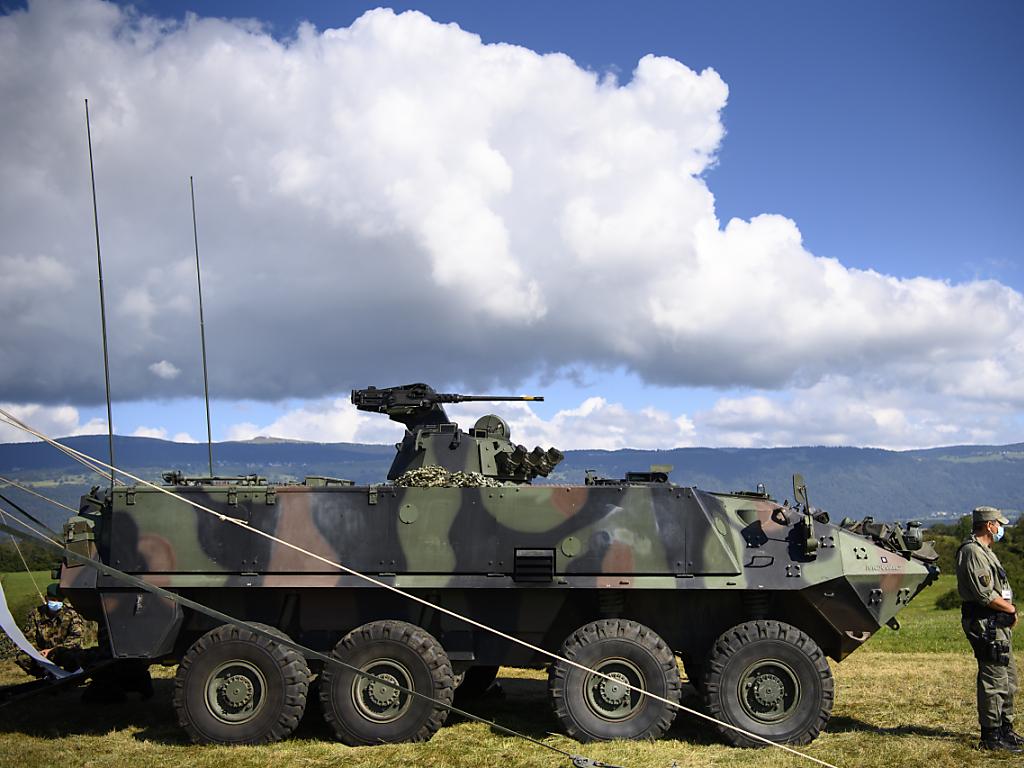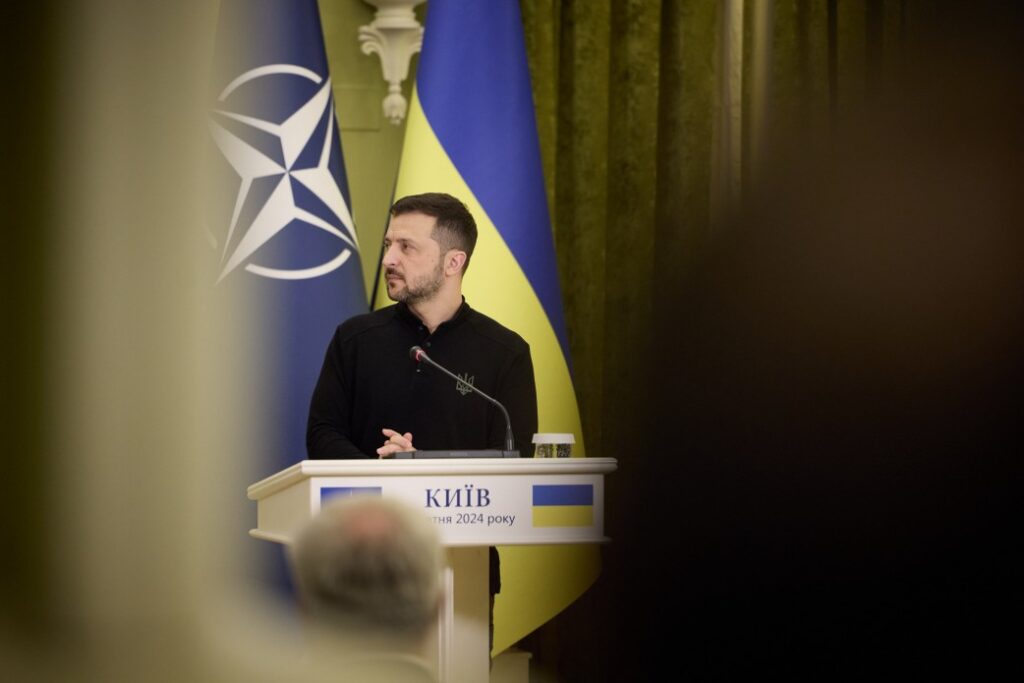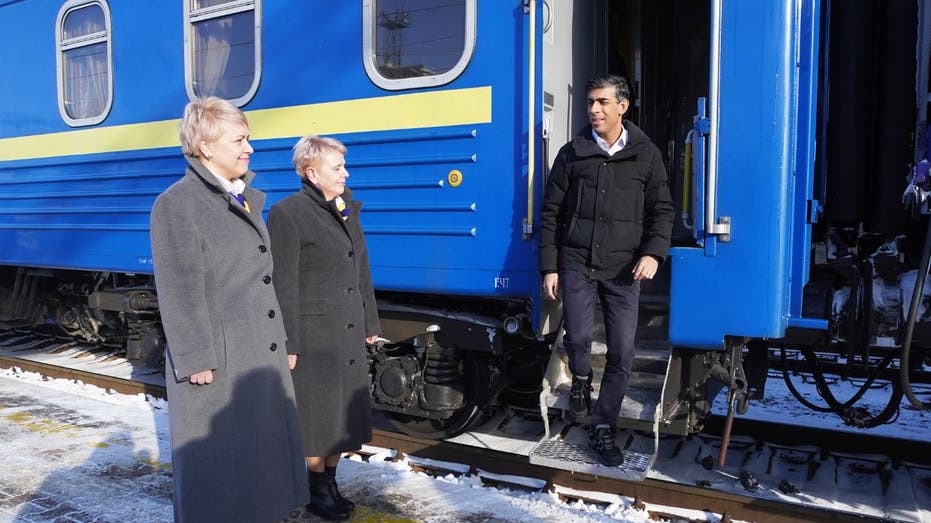European nations snub Swiss weapons over Ukraine export restrictions
Switzerland's neutrality-based restrictions on re-exporting arms to Ukraine have prompted European countries, led by Germany, to avoid Swiss-made weapons, prompting Swiss debates on policy changes and defense industry future.


European countries, particularly Germany, are increasingly avoiding or halting arms purchases from Switzerland due to restrictions linked to the country’s neutrality policy, Swissinfo.ch reports. This trend is straining diplomatic relations and raising concerns about the future of Switzerland’s defense industry.
The Netherlands was the first country to start avoiding Swiss war matériel. The Dutch parliament decided last year to stop purchasing any arms from Switzerland after the Swiss blocked the export of 96 Leopard-1 tanks stored in Italy, intended for Ukraine. Similar considerations are being made in Spain and Denmark, media reports suggest.
According to Le Temps‘s report in early September, Germany has decided to exclude Swiss companies from certain military procurement contracts. This decision was communicated in a letter to the Federal Office for Defense Procurement, Armasuisse. The move has alarmed Swiss defense companies and prompted criticism from politicians across all parties.
The root of the German-Swiss rift lies in Switzerland’s refusal last year to allow the export of 12,400 rounds of Gepard anti-air tank ammunition to Ukraine. Switzerland based its decision on its War Matériel Act, which prohibits the re-export of Swiss-made weapons to countries involved in active conflict.
Armasuisse chief Urs Loher stated that this is a clear signal that Switzerland is no longer seen as “reliable” in Germany. In the German parliament, the term “Swiss Free” is reportedly being used alongside “China Free,” a catch phrase for minimizing security risks, according to the Swiss German newspaper NZZ.
Security experts warn that if Swiss companies cannot export their products, it could ultimately hurt Switzerland’s own defense capabilities and reduce its autonomy. Critics, however, argue that Swiss security autonomy is an illusion, as the country benefits disproportionately from the security provided indirectly by NATO and the EU.
The Swiss parliament agreed to amend the War Matériel Act, proposing more flexible arms deals and re-export rules after five years. However, a referendum expected by late 2025 means Swiss-made weapons won’t reach Ukraine before 2026, even if approved.
Related:
- Switzerland backs controversial China-Brazil peace plan for Ukraine
- Neutral Switzerland may jail its national for 3 years over fighting for Ukraine
- Swiss Parliament recognizes genocidal nature of 1930s famine in Ukraine
- Bloomberg: Switzerland to soften arms export rules, but not for Ukraine
- Switzerland to provide $ 68 mn for digitalization in Ukraine – Ministry of Digital Transformation
- Switzerland is main hub for Russian spies, says Swiss intelligence service
- Switzerland hosts Ukraine Mine Action Conference 2024 in Lausanne
- Almost 100 Leopard 1s stored in the open in Italy as Switzerland blocked their transfer to Ukraine
- Switzerland joins latest EU sanctions against Russia
- Swiss parliament votes against re-exporting military material to Ukraine



